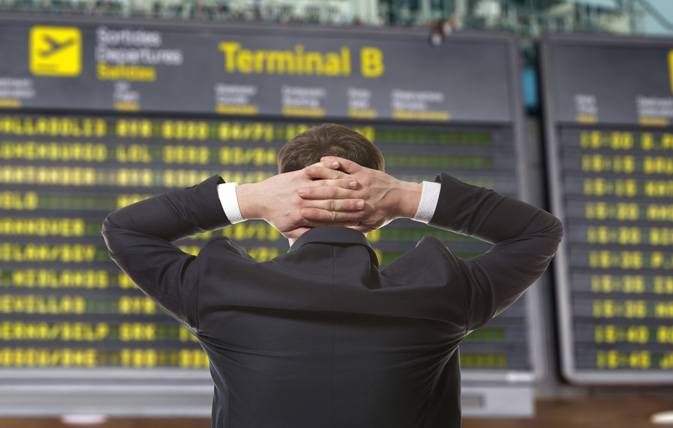MADRID — Europe’s air traffic controller strikes have hit a new high, and at the same time, a new low: according to IATA, Europe’s ATC strikes have caused one million minutes of delays across the continent this year (and it’s only September). The news comes as France ATCs begin yet another strike, their 14th so far this year.
IATA is calling for governments to take steps to ensure service continuity in the face of industrial action. “The current frequency of disputes is totally unacceptable,” said IATA’s European Regional Vice President, Rafael Schvartzman. “European air travellers have suffered an incredible one million minutes of delay and over 3,000 cancelled flights as a result of strikes this year. And today is yet another day of French strikes. Every hour wasted impacts European productivity as businesses are disrupted. And it hurts holiday-makers when plans need to be altered. The time has come for European governments to work together to ensure the essential service of air traffic control is able to continue even during strikes.”
Controller strikes in France today are expected to lead to the cancellations of at least 15% of flights out of Paris, according to IATA. “Air Traffic Controllers are highly-compensated professionals in a dynamic industry. They should be embracing reforms that are critical to delivering the safety, capacity, cost and environmental improvements European air travellers deserve,” said Schvartzman.
He called on governments to ensure service continuity for air traffic management services. “The European economy needs reliable air connectivity. It cannot afford to have its airspace closed like this. A starting point to keeping Europe’s skies open would be for each country to develop its own national airspace strategy, in consultation with airlines, which contains provisions for ensuring service continuity during periods of industrial action or equipment failure.”
Airspace strategies should set out how individual European states will modernize and reform their air navigation systems in order to deliver improvements which will benefit passengers and the European economy, he addded. Central to these aims are the goals of the Single European Sky (SES) project, which aims to improve safety and reduce costs, delays and emissions. Due to a lack of political will at state level, the SES has languished without significant progress for many years, said Schvartzman.


